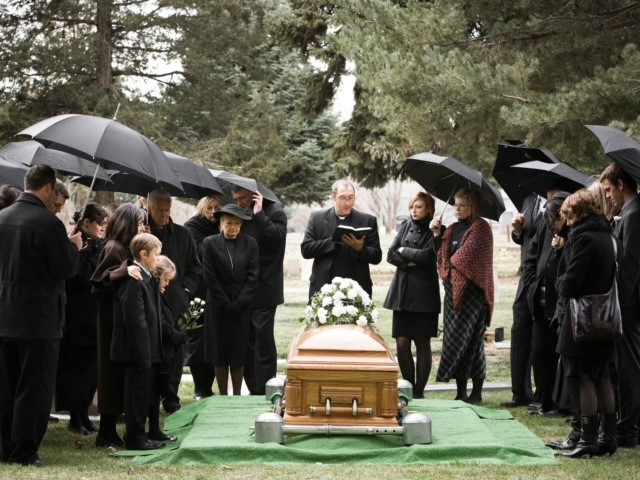
Court disputes over control of a deceased’s human remains on occasion occur, particularly over the form if any of a funeral’s religious service.
This occurred in Kartsonas v Kartsonas 2010 BCCA 336 where the children of the deceased were granted sole control of their father’s remains in the Supreme Court and the executor/niece unsuccessfully appealed to the Court of Appeal.
The children of the deceased had a falling out with their father prior to his death and he changed his will to appoint his niece as his executor.
The children were unable to agree with the executor as to whether the deceased should be buried in accordance with the Greek Orthodox religion.
The niece argued that the testator had been estranged from his children and that he was an atheist and would not have wanted a religious funeral.
The Law
The Judge considered the evidence before him and concluded in exercising his discretion that the wishes of the family members who wanted a religious service should be favoured.
The appeal court held that the judge gave proper consideration to the relevant considerations.
Section 5(1) of the Cremation, Interment and Funeral Services Act, S.B.C. 2004, c. 35, sets out the order of priority of persons to control the disposition of the remains of a deceased person.
1) The first priority is given to the personal representative named in the will of the deceased.
2) The next following priorities are given to the spouse of the deceased and the adult children of the deceased.
Section 5(4) of the Act authorizes an application to be made by a person claiming that he or she should be given the sole right to control the disposition of the remains of a deceased person, and s. 5(6) provides that if such an applicant is successful, he or she is deemed to be at the top of the order of priority.
Section 5(5) of the Act provides direction to the court in hearing an application under s 5(4). It reads as follows:
(5)When hearing an application under subsection (4), the Supreme Court must have regard to the rights of all persons having an interest and, without limitation, give consideration to
(a)the feelings of those related to, or associated with, the deceased, giving particular regard to the spouse of the deceased,
(b)the rules, practice and beliefs respecting disposition of human remains and cremated remains followed or held by people of the religious faith of the deceased,
(c)any reasonable directions given by the deceased respecting the disposition of his or her human remains or cremated remains, and
(d)whether the dispute that is the subject of the application involves family hostility or a capricious change of mind respecting the disposition of the human remains or cremated remains.
Clause (c) of s. 5(5) provides that reasonable directions given by the deceased person are to be taken into account on an application under s. 5(4).
The appeal court noted that the deceased’s wishes are not determinative and are only one factor to be taken into account by the court.
The court noted that the deceased may in his or her will make a binding wish as to the disposition of the deceased’s remains in a proper will, but in the present circumstances the deceased did not express a preference in his will and his representation agreement as to his preference if any for a religious service.




